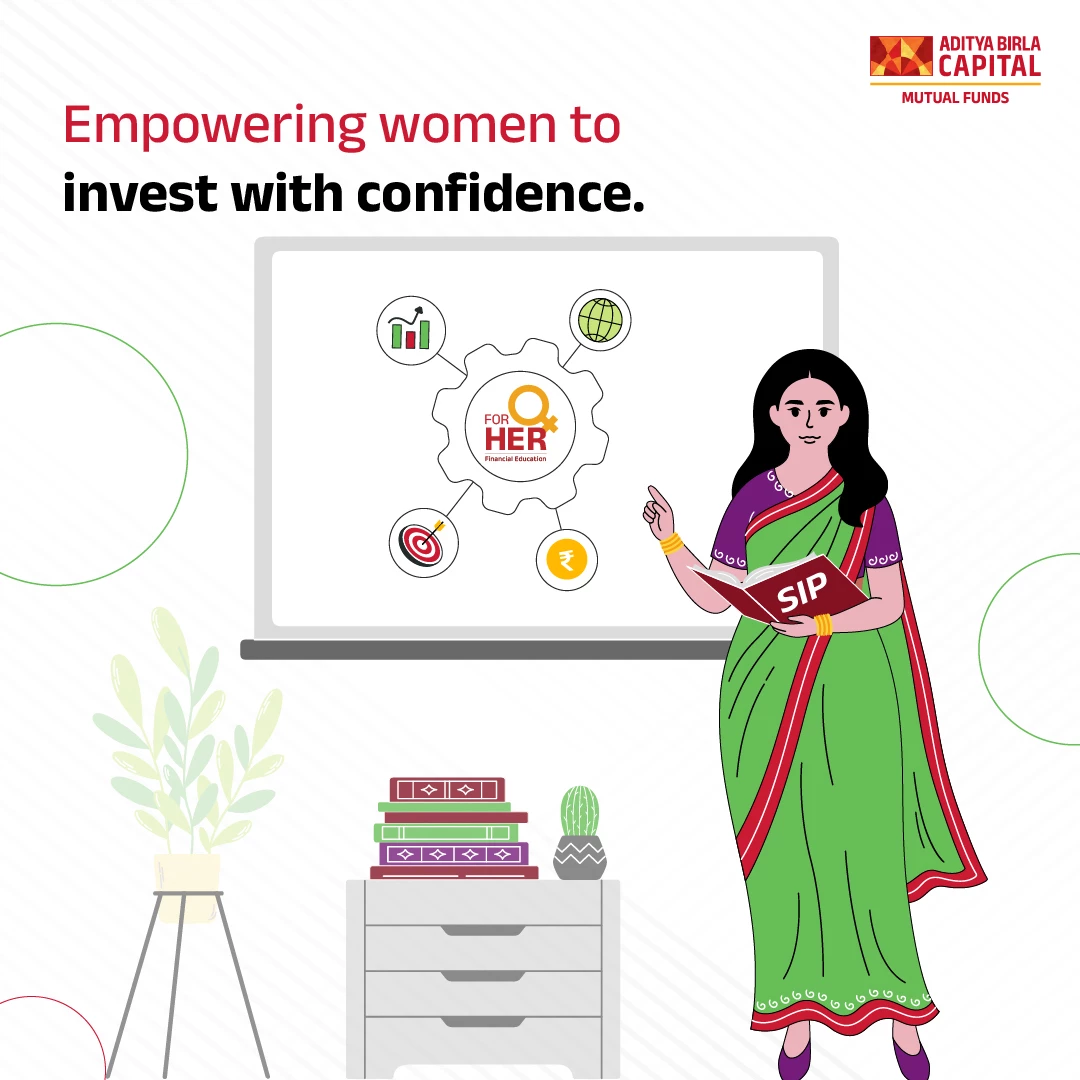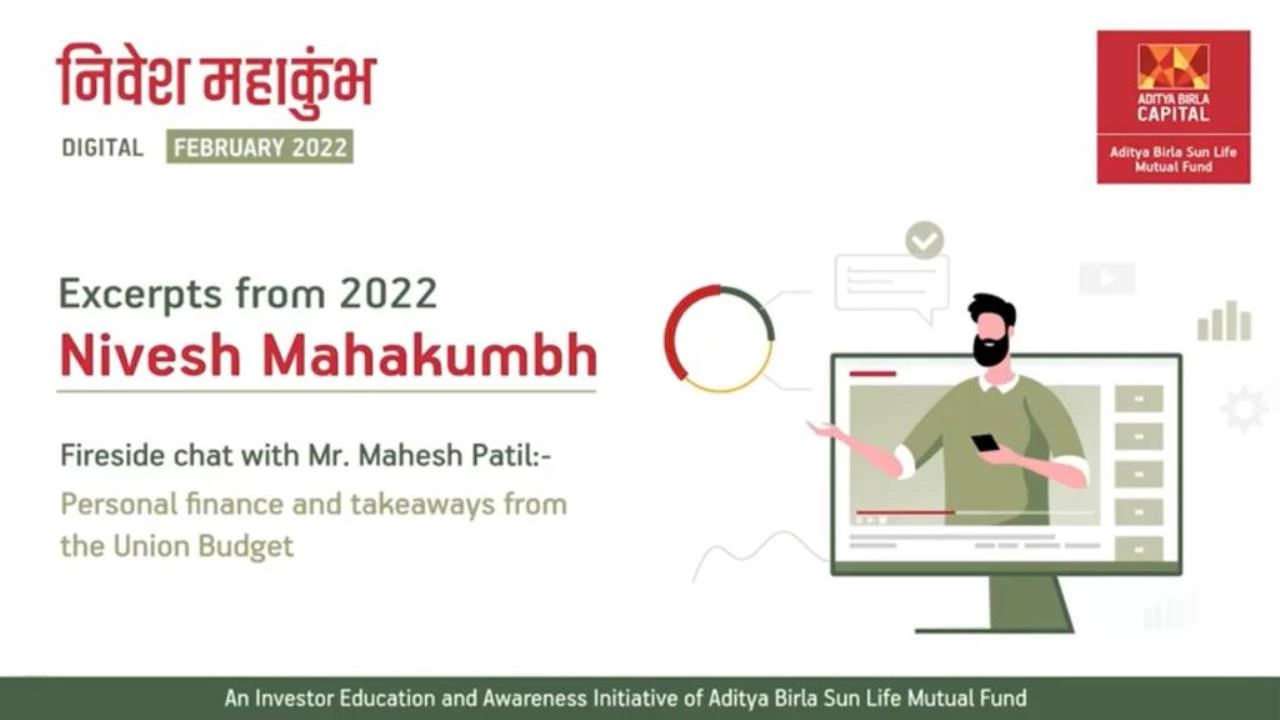Wealth Creation is a journey. And like any journey, the first step is to evaluate your finances to make sure you have the funds to go on a trip. So, grab a pen and paper or open up an excel sheet on your laptop and let's get started:
Determine your Total Income
Begin by listing down all your sources of income. These sources will vary based on your lifestage. For example, if you're in the education stage (student), your sources of income could be your allowance or earnings from a part-time job. If you're in the career stage, your sources of income could be your salary (minus taxes), money earned from freelance work, bonuses etc. If you're in the retirement stage, your sources of income could be rent from a second home, dividends from investments etc.
Make sure you have accounted for every income source and then, add it up. This is your Total Income.
Don't celebrate yet! To know what resources you have to fund your journey, you need to determine how much of your income is already spent.
Know Your Total Expenditure
Start listing down all your fixed expenses and variable expenses. So, if you are in the educational stage, your fixed expenses could be travel and food; and your variable expenses could be movies, school supplies, games, etc. If you are in the career or retirement stage, your expenses should include all essential bills - electricity, gas, phone, internet, cable etc. All fixed payments - home EMI, car EMI, insurance, investments etc. And, of course, the main basics - the cost of groceries, travel, clothing, petrol, entertainment etc. It should also include variable expenses such as vacations, restaurants etc.
#StudentTip
Your Expense Column should include any item that you pay with your 'income'. It shouldn't include any item that a parent or guardian pays for directly.
#LifeTip
Parents shouldn't forget to include expenses such as school fees, school supplies, etc.
Make sure you have accounted for every expense and then, add it up. This is your Total Expenditure.
Now that you know how much you earn and spend, it's time for some basic maths. Subtract your Total Expenses from your Total Income to determine your current financial situation.
This action should result in one of the following outcomes:
●Financial Situation 1: On-Track and In the Fast Lane
You earn more than you spend. You have the resources to put your wealth creation journey into high gear.
●Financial Situation 2: On-Track but Needs Improvements
You're just about breaking even. You need to evaluate your expenses to find and trim off the excesses and gain speed on your journey.
●Financial Situation 3: Off-Track and In Dire Need For Repairs
You spend more than you earn. It is time to analyze your expenses, find the excesses and develop a strategy to get back on track financially. Now that you know your financial situation, you need to determine your goals, evaluate how you spend your income, trim off excesses and reallocate your resources to achieve your financial goals. When you plan a road trip, you don't just select a location - you also think about what you like to see and do on the way. Similarly, when you take a wealth creation journey you don't just plan for the ultimate goal 'wealth creation', you also need to plan and work towards smaller goals. Add a 3rd column to your paper or excel sheet and list down your goals. Try and list them by when you would like to achieve them. For example, your goals could be to buy a smartphone in a year (short-term), replace your car in 3 years (medium-term) or go on a world tour in 8 years (long-term). This action helps you create a financial roadmap with mile markers (goals) that should help you budget for them, financially. Now that you know how much you earn and what you would like to achieve in the future, it is time to evaluate your expenditure. Pull out your bank statement and any bills and begin evaluating your expenses based on 3 criteria - Must Have, Nice to Have and Impulse/Indulgences. For example, if you are in the education stage - money to travel to college is a Must Have, money to watch the occasional movie is a Nice to Have while money to shop every day is an Indulgence. If you are in the career or retirement stage, money to pay for groceries and utility bills is a Must Have, money for High Speed Internet Connection is Nice to Have while money spent on daily Coffee is an indulgence. Evaluate each of your expenses using this criteria to find unnecessary drains on your income and trim them off. Now that you have freed up resources, you can reallocate the funds to pay off debts, increase savings and/or accelerate your wealth journey by investing. Use the Mile Marker column as your guide when deciding how to reallocate your funds. Congratulations! By making it this far, you have created a personalized budgeting roadmap for your wealth creation journey. Budgeting is an on-going activity. For your budget to remain relevant, you have to track your expenses to prevent excesses from taking over and update your budget regularly to include new income sources, lifestyle changes and new goals. An Investor education and Awareness initiative of Aditya Birla Sun Life Mutual Fund All investors have to go through a one-time KYC (Know Your Customer) process. Investors to invest only with SEBI registered Mutual Funds. For further information on KYC, list of SEBI registered Mutual Funds and redressal of complaints including details about SEBI SCORES portal, visit link : https://mutualfund.adityabirlacapital.com/Investor-Education/education/kyc-and-redressal for further details
Mutual Fund investments are subject to market risks, read all scheme related documents carefully
Set Mile Markers (Goals) On Your Wealth Creation Journey
Evaluate your Expenditure
Reallocate Your Income
#AllocationTip
#BudgetingTip





 1800-270-7000
1800-270-7000






















